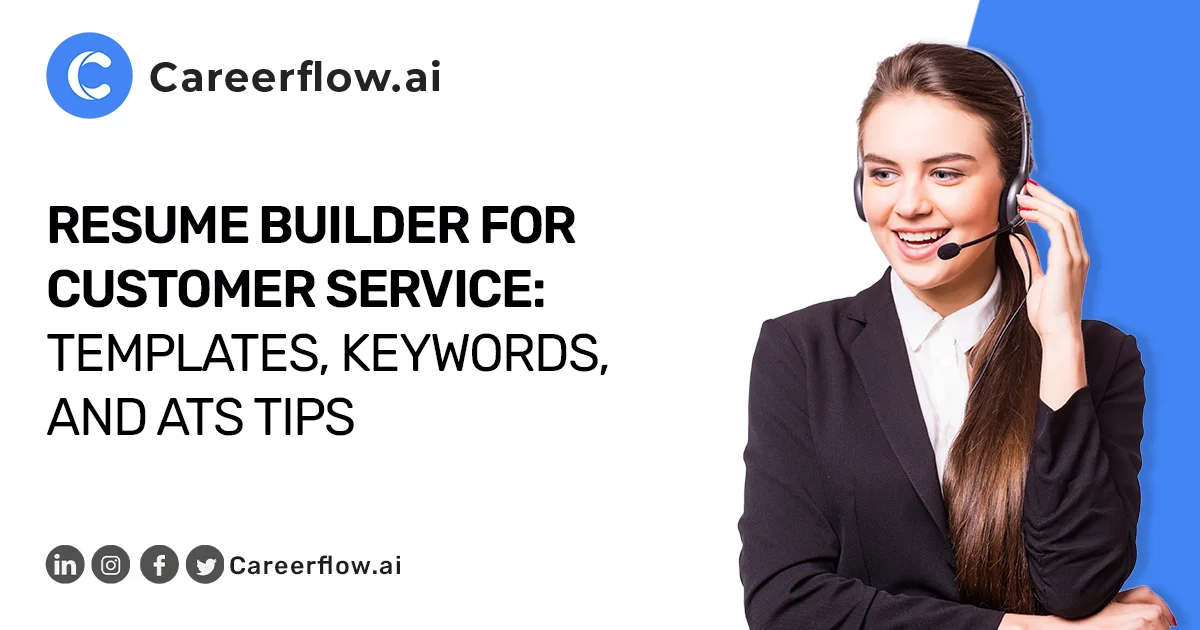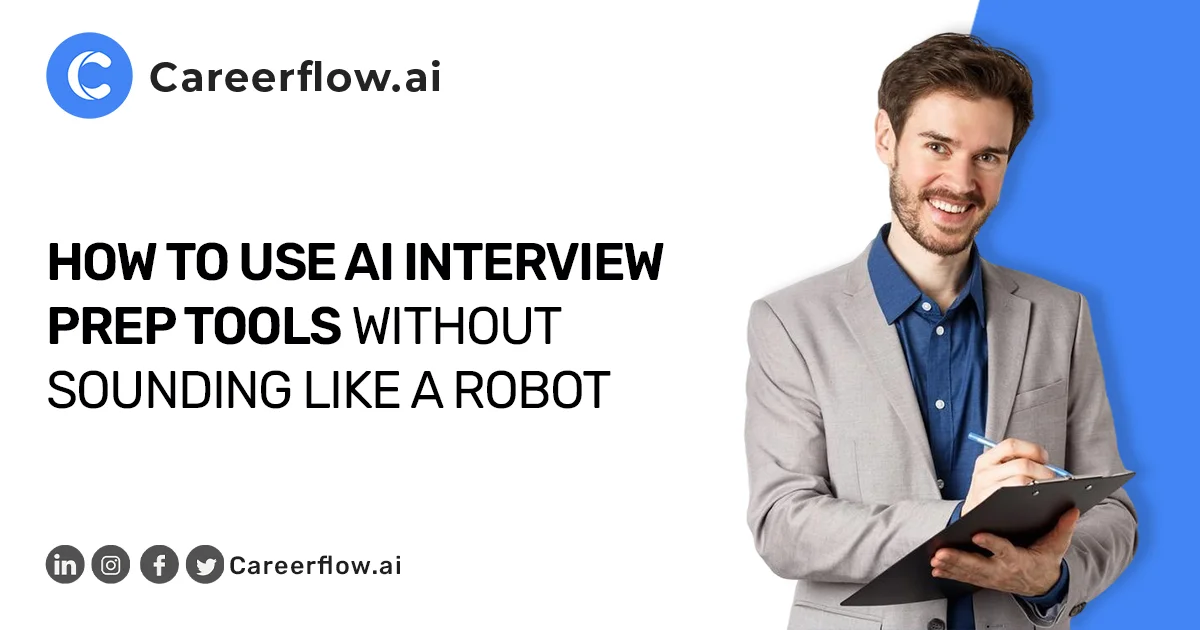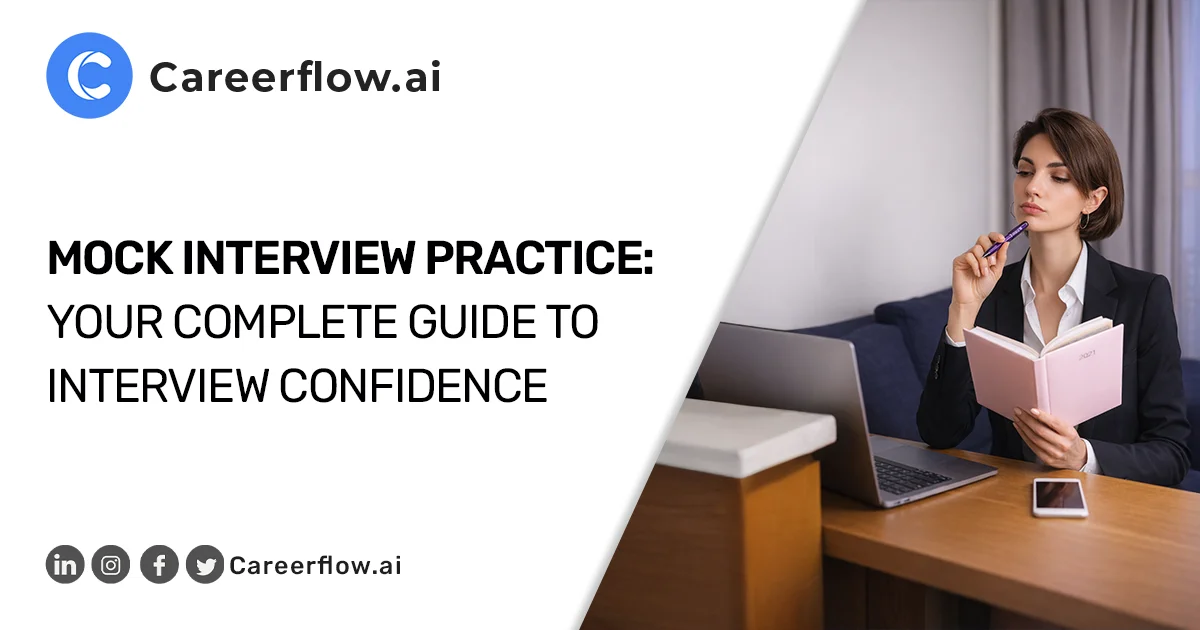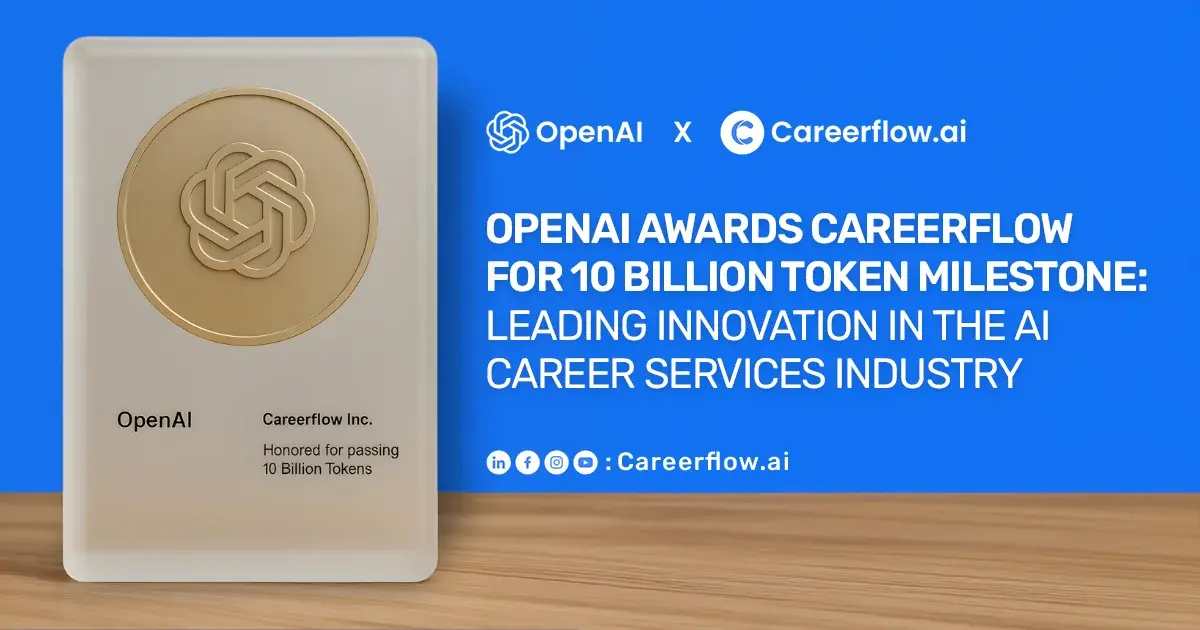Writing a cover letter that helps you land your dream FAANG job is not easy. But we're here to help you. Get ready to accelerate your job search process with this Cover Letter guide by FAANGPath and land your dream job! 🎯

An optimized resume, cover letter, and LinkedIn profile can boost your chances of landing an offer from FAANG companies.
At FAANGPath, we talk about optimizing your resume and LinkedIn profile ALL THE TIME!🚀 If you're a new reader here, welcome! We're FAANGPath, your job search best friends.🤝 We help job seekers break into FAANG+ companies through our resume writing and review, LinkedIn makeover, interview preparation, and mentorship services. If you're a revisitor- Hi, again! 🤩We've broken down the resume writing and LinkedIn profile optimization steps for the job search process in our previous blogs. In this blog, we'll address the scourge of every job seeker: Cover Letters!
Quick navigation of this guide:
- What is a Cover Letter?
- Do you need a cover letter?
- The dos and don'ts of building your cover letter.
- Tips for writing a winning cover letter.
What is a Cover Letter? 📝
A cover letter is a one-page document that you submit alongside your resume when applying for a job. The primary purpose of a cover letter is to convey how your experiences and background make you an ideal fit for the job.

P.S. This image is for representation only -- real cover letters can be as simple as plain text!
A cover letter consists of:
- Contact information
- Salutation
- Opening Paragraph
- Body Paragraphs
- Closing Statement
While most job seekers look at cover letters as a dreadful step of the job search process, we like to call them a highlight reel of your career. A cover letter sums up your skills, qualifications, and experiences in a tidy one-page format. It allows hiring managers to understand why you’re keen to work for the role and company that you’ve applied to.
But…Do You Need a Cover Letter? 🤔
So you have optimized your resume. 🦾
Built the perfect LinkedIn profile. ✔️
Listed all the companies and roles you want to apply to. 📋
You’re about to apply for the position...and notice the posting requires a cover letter. 😳
Such a bummer! 😟
This is precisely the point where you’ll start thinking of something to the effect of: Do you need a cover letter? Does anyone even read these?
Short Answer - It depends.
Long Answer - Yes.
Although most job seekers believe cover letters are not necessary, we can certainly confirm that a good cover letter can dramatically increase your chances of landing an interview call. 📈

Cover letters are meant for the hiring managers to tell them why you are the person they’re looking for. A survey by ResumeGo found that 83% of HR pros say cover letters are important for their hiring decision.
You might immediately counter this survey by asking why some positions mark cover letters as optional then? To understand the answer to this question, it is first important to understand what purpose a cover letter serves.
Traditionally, cover letters were meant to be cover pages for your resume (hence the name), a document that would prompt the recruiter to go ahead and read your resume. But now, most recruiters look at the resume first, which means your cover letter is intended to persuade the recruiter to move you to the next round of the process. Hiring managers often read the cover letter of candidates on the border of being moved forward or considered for the next step of the hiring process.
Hence, to answer the original question, 72% of recruiters expect cover letters even if they’re “optional,” and 77% of recruiters give preference to candidates who submit a cover letter. Although cover letters are not mandatory for all jobs, if there’s a job you’re really interested in, it is always a great idea to share a customized cover letter when applying.
So the next time you think about skipping this step of the application process, spend some time crafting an optimized cover letter to immediately stand out from the rest of the candidates and boost your chances of making it to the next stage of the process. 🚀
The Dos and Donts for a Cover Letter ‼️
Most job seekers make some common mistakes when writing their cover letter that immediately reduces the merit of their application.
Here are a few don'ts to keep in mind when writing a cover letter:
1. Do not use the same cover letter for every application 🚫
This is one mistake that most job seekers make. Never use the same cover letter for every application. Every role is different, so your experiences suitable to one job role might not be equally relevant for another. Similarly, every company is different in its values and how it operates. Your answer for why you want to work for one particular company will not work for another.
To avoid the risk of giving an impression of someone who’s not put enough effort into theira pplication, never use the same cover letter. Always tailor your cover letter to suit the job description and company you’re applying to.

2. Never write a cover letter that exceeds one page 🚫
Your cover letter is supposed to be a highlight reel of your career. A simple cover letter will contain what the hiring manager needs to know you should be qualified for the next round. Avoid writing endless paragraphs in your cover letter and provide only the information that will help you prove you’re the best fit for the role.
3. Do not repeat your resume in your cover letter 🚫
Your cover letter is meant to persuade the hiring manager to take a look at your resume. Hence, you should not explain everything from your resume in your cover letter. Only write about what role you’re applying for, what makes you best fit for the role, and why you want to for the organization.
Must Read: How To Make an ATS-Friendly Resume.
Do not repeat your educational qualifications, skills, all details of previous employment and projects from your resume in your cover letter. Only include experiences you’re proud of and want your hiring manager to know to prove you’re better than everyone else.
A few points that you MUST ensure in your cover letter are:
1. Optimize your cover letter ✅
Like your resume, optimize your cover letter. Include relevant keywords from the job description to convey you have the necessary skills and experiences to excel in the position. An optimized cover letter will increase your chances of landing an interview call.
2. Communicate why you are the best candidate for the job ✅
The best cover letters compel the hiring manager to go through the resume and schedule an interview to learn more about the candidate. Always highlight your best projects, experiences, or skills in your cover letter tied to the role you’re applying for. This will help you convey your best version on a single page.
3. Include numbers and metrics ✅
Back your experiences and achievements with evidence. The only way to believe someone succeeded in what they did is by finding out the impact they made. When highlighting projects/work experiences/achievements, always add metrics and numbers to prove the extent to which you achieved it and the impact your contribution had.
Bonus tip: LinkedIn InMail is the new cover letter. LinkedIn is a powerful professional networking site, with almost 87% of recruiters using it during the hiring process. One way to stand out from other candidates to apply/show interest in a job role is by sending a brief message about yourself via LinkedIn InMail, which could serve as a cover letter for you.
Tips for Writing a Winning Cover Letter 🎖
To ensure your cover letter is in fantastic shape, here are the all-time winning tips to keep in mind.
- Include the hiring manager’s name.
One way to let your hiring manager know you’ve done your research is to address the cover letter to them. This will immediately differentiate your application from the rest and help convey that you have submitted a customized cover letter. - Tell the company you want to work for them.
One way of showing how keen you are to work with the company is by addressing their values and beliefs that match with yours. In your cover letter, indicate what you love about their culture, what value you’ll bring to the organization, and how your goals align with the company. - Your opening paragraph must have a hook.
Hiring managers go through dozens of applications each day. Why should they continue reading yours?
Avoid using the opening paragraph to write your name, university, qualifications, and work experience. Instead, talk about something you’re most proud of, something you want your hiring manager to know. Ensure your opening paragraph has a hook that would keep your reader engaged. A compelling cover letter can help you land an interview. - Go beyond your resume.
The recruiter/hiring manager already has your resume to learn about your qualification, work experiences, and other details. But what is it that you could not include in your resume but want your hiring manager to know? That is what your cover letter should talk about.
Go beyond your resume to explain the ‘whys’ of elements from your resume. Paint a fuller picture of your experiences and accomplishments in your cover letter rather than summarizing bullet points that are already there in your resume. - Highlight the right experiences and skills.
Your resume will contain all the details. But you cannot mention what you want your hiring manager to focus on.
The cover letter provides you with that chance. You might have worked on many in the past, but what specific experiences do you want your hiring manager to remember to understand you are the best fit for the role? Include those in your cover letter. Even if you’ve not worked in a similar role in the past, highlight transferable skills from your past work experience that will help you bring value to your potential employer.
Your resume will contain all the details. But you cannot mention what you want your hiring manager to focus on.
The cover letter provides you with that chance. You might have worked on many in the past, but what specific experiences do you want your hiring manager to remember to understand you are the best fit for the role? Include those in your cover letter. Even if you’ve not worked in a similar role in the past, highlight transferable skills from your past work experience that will help you bring value to your potential employer.
Nowadays, cover letters are not mandatory for job applications. But the process of preparing a cover letter is an advantage in itself. While preparing your cover letter, you’re also working on perfecting your personal story or elevator pitch, which will prove helpful to you when interacting with recruiters, hiring managers, or other industry professionals.
We understand this might sound overwhelming, but like everything else, practicing making finer edits to your cover letter along the way will help you draft a winning cover letter that can help you land an interview call. At Careerflow, we have professional resume writers who can review your resume, LinkedIn, and provide any additional advice that can make the complicated job hunting process a tad bit easier.
Get more tips on job search, LinkedIn review, and best career advice from Careerflow mentors on our LinkedIn and Instagram handle. Join our 4000+ member discord community to never miss any updates!


.webp)


.webp)



